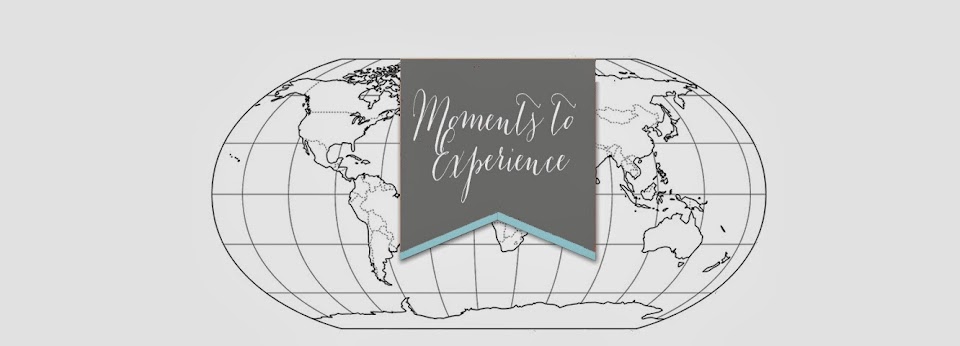Now, I want to take a moment and explain how HIV is viewed globally, and hopefully change your mind on how you will view someone who might be infected. First off, you will not get HIV by touching, kissing, or playing games an infected person. And secondly, you can live a normal life with treatment, look at Magic Johnson, you just might be hurt emotionally in the process. Out of the 34 million HIV-positive people worldwide, 69 percent live in sub-Saharan Africa (roughly 23.8 million infected persons in all of Africa). Of that 34 million, 1.6 million live in Kenya, with 1.4 million begin people ages 15+. This has left 1 million children orphaned.
I know these statistics can be shocking, but this happens worldwide, even in America. And the thing is once a person is infected, many loose their families, friends, and sometime their job. What I noticed in Kenya is how secretive people are about their status, and I know this happens in the US as well. When a person comes in for the first time after a positive reading, they are given a box that contains a mosquito net, water purifiers, condoms, and food supplementation. Many people used to only take certain things out of the box because they did not want people to know their status. The unit I worked on saw this happening, and began taking the supplies out of the box, and placing them into a grocery bag. Many more people have been receptive to taking the supply box now. Another thing that people receive is antiretrovirals. They are given a months dose, and then as they build trust with the clinic, they can begin to take more of the medication home.
My first day on the unit I worked with adult clients. I took their vitals and charted the information. I also got a chance to sit in with the clinical officers to observe how an appointment works. It was the next day were I was really moved. I worked with the children that have been infected either from birth, rape, or a sexual encounter. One patient really stood out to me and I would like to share her story with you.
At age 3 both of her parents passed away. She was left to live with her aunt, and she became very sick. Her aunt took her to the hospital the she was diagnosed with HIV, stage 3. By the time she was 4 years old she had already been on two different kinds of treatments. She is now 13. Last year she found out by accident that she was HIV positive. Her CD4 levels are around 61, they have been dropping significantly over the years. She is depressed, and is not adhering to her treatment. Doctors have also diagnosed her with TB, and possibly treatment failure.Her BMI was 14, and by the look on her face, I would say she would rather be with her parents. Just thinking about her just eats me up. If it was not for the stigma that HIV positive people face, so many more would seek treatment, so many more would be living, and so many more people would be tested.
I do not know about other treatment centers, but the one at the regional hospital is very particular about not disclosing to children their status. They know that children can not keep secrets, and they want these children to have a normal life. Many children are able to find out they are positive by reading the posters around the office, but most find out during a counseling session at the clinic with their caregiver. Children who do not know their status believe they are taking vitamins everyday, and when they do find out, the clinic does their best to keep the children from adhering to treatment. When a child stops taking their medication, they believe that they are punishing their caregiver, when in reality they are only hurting their self.
Where is the light in all this darkness? Well the light is coming. The Kenya education system is slowly chaining, but not quick enough. There is still so much false information out in the public, and especially out in the villages. Even in the US there is a lot of false information. People who are HIV positive are just like you or me. They just have a virus in their body that is slowly compromising their immune system. If you get a chance, I would love for you to watch this video. It shows a woman who is healthy and normal, but 90 days prior you would not believe it was the same woman. HIV is not something to be afraid of and that was made so clear to me these past two days working with people who live their life in that shadows.
(you can watch it on YouTube for a bigger screen)

No comments:
Post a Comment